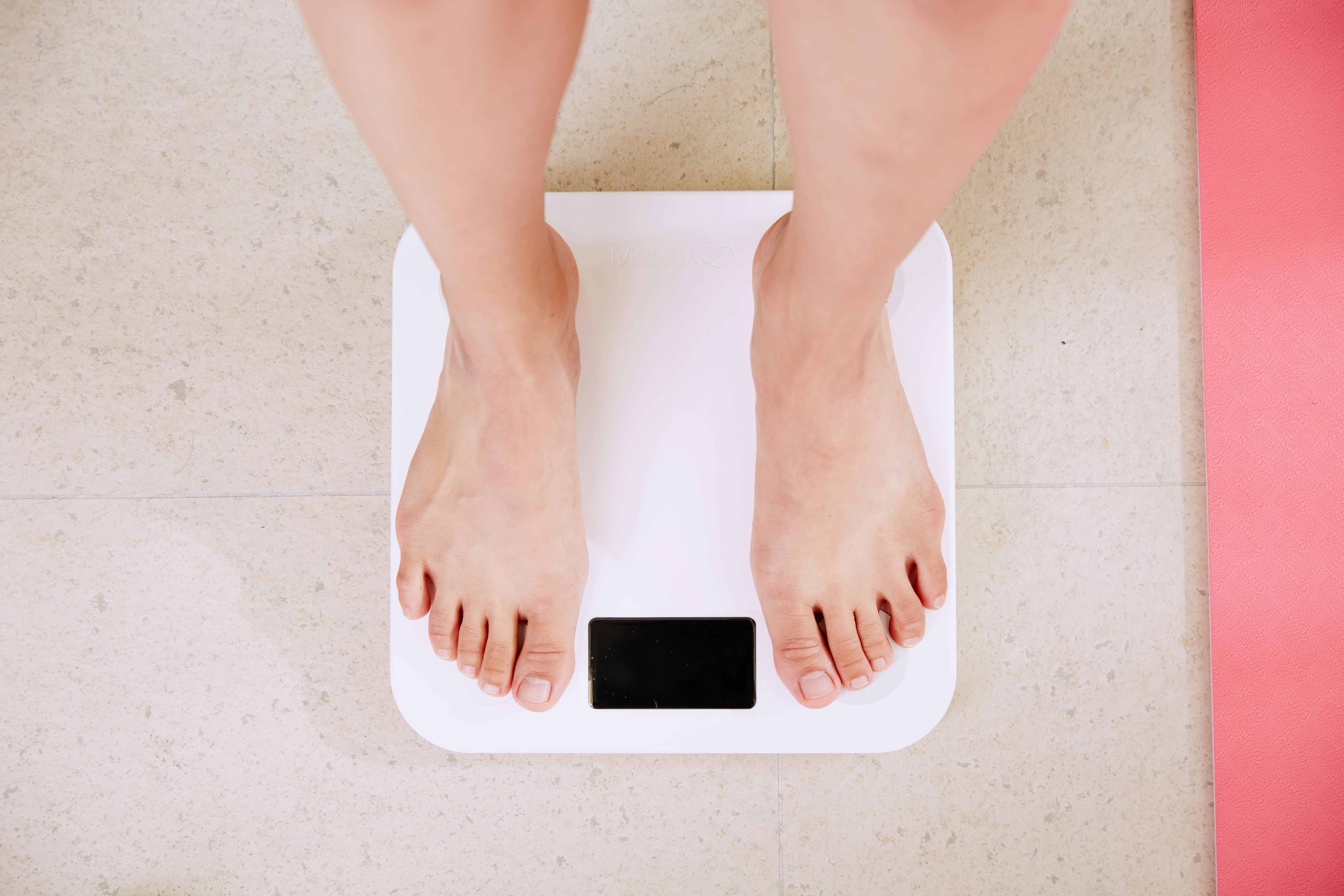Are you guilty of adding protein powder to smoothies? Do you love to pack your desserts with nut butter? Scroll down to find out the true effects of protein on your health. Let’s debunk those protein myths.
Protein Myth #1 – All Protein is The Same

Proteins are made up of long chains of amino acids linked together through peptide bonds. There are 20 different amino acids, some that can be produced by the body and some that cannot be produced by the body.
For humans, nine of these amino acids are essential, meaning that our bodies cannot make them, so we acquire them through our diet. Some foods, such as animal products, contain all 20, while others contain only some.
Protein Myth #2 – Protein is Only Needed For Muscle Building

We need to consume protein to build or maintain muscles, but that is not protein’s only function. We also eat protein in order to make protein in our body, including collagen to make skin and connective tissue and keratin to make hair and nails.
Our bones, blood cells, antibodies, and other chemicals in the body are all also made out of proteins!
Protein Myth #3 – It’s OK To Eat Unlimited Protein
Adults need only 0.8 grams of protein per kilogram (or 1.76 grams protein per pound) of body weight a day. Divide your weight in pounds by 2.2 to get your weight in kilograms. Then, multiply that number by 0.8 and that’s the amount of protein you need per day in grams.
When an individual consumes too much protein, the excess protein is converted into and stored as fat. This can eventually lead to unhealthy weight gain.
Additionally, the kidneys must work harder when consuming too much protein because protein contains nitrogen, which must be removed by the kidneys.
Protein Myth #4 – The Vegan Lifestyle Deprives Individuals of Protein

Animal products are complete proteins because they contain all 9 essential amino acids. However, plant-based food can also serve an individual’s protein needs. Eating 2 or more of these incomplete proteins together forms a complementary protein – a protein that contains all 9 essential amino acids required by our bodies in sufficient amounts. If a person who is vegan eats complementary proteins, they will get their essential amino acids.



